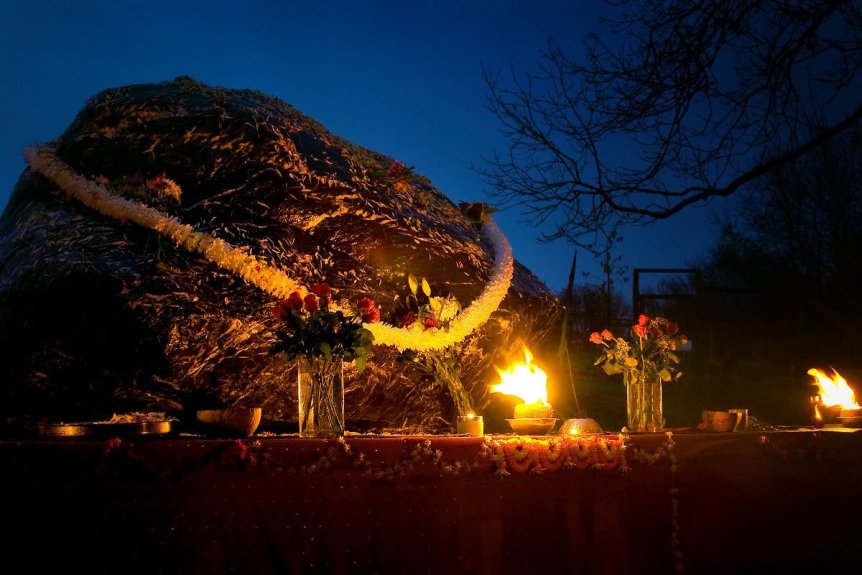Shantanu
Well-Known Member
Liberation for the theist is attained through the discovery of the truth that God exists and is there to be surrendered to.
In the quest for liberation one enters various states of being that leads to samadhi, that is, a liberation from all worldly affairs. When one has taken leave of God Himself after intensive surrender lasting years, one is entering into a point where there is total liberation in which one is attached to nothing, including God.
This state of being that is attained through yoga is termed mahasamadhi in my opinion so that one does not have to be physically dead to have entered mahasamadhi.
Any thoughts?
In the quest for liberation one enters various states of being that leads to samadhi, that is, a liberation from all worldly affairs. When one has taken leave of God Himself after intensive surrender lasting years, one is entering into a point where there is total liberation in which one is attached to nothing, including God.
This state of being that is attained through yoga is termed mahasamadhi in my opinion so that one does not have to be physically dead to have entered mahasamadhi.
Any thoughts?

